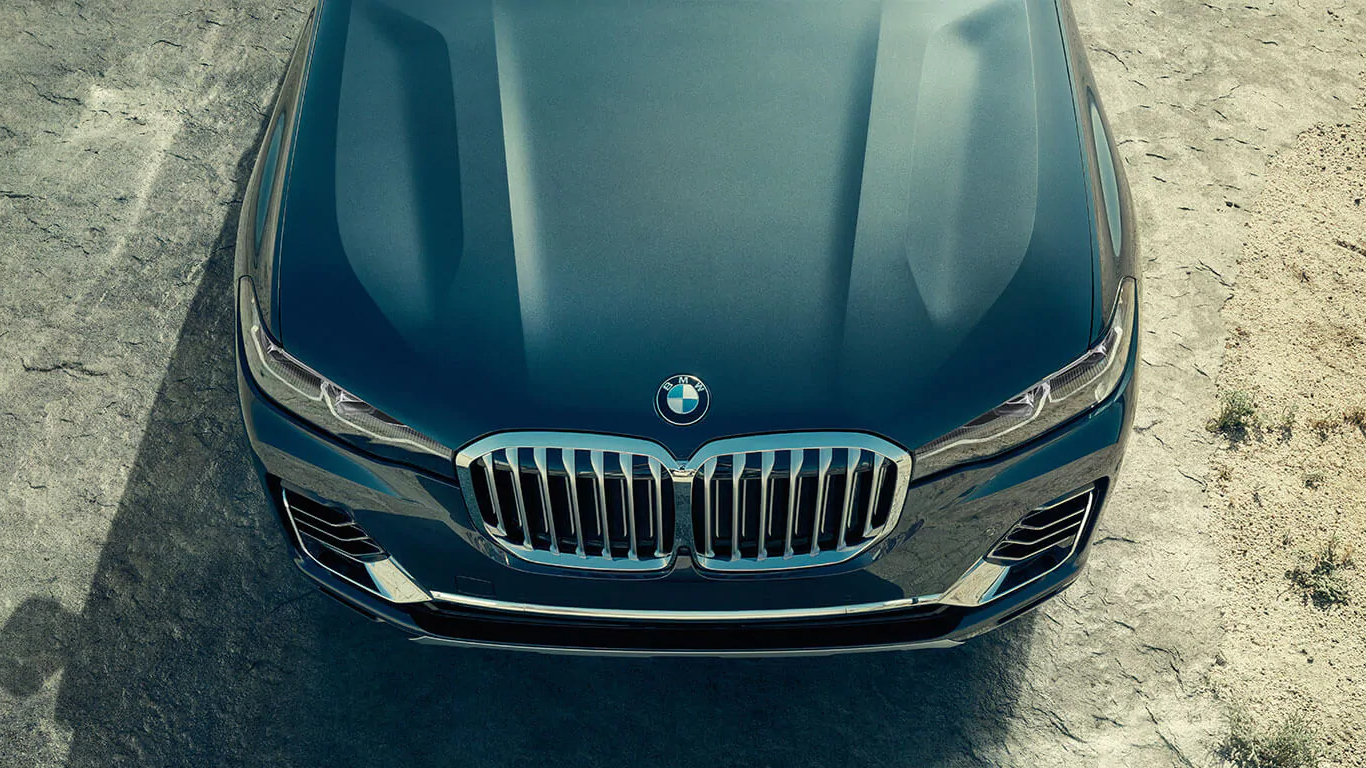BMW wants to bring microtransactions to cars — and that's a problem
The automaker that invented subscribing to CarPlay is back with another brilliant idea

So, you're about to pull the trigger on that new BMW X5 — an SUV that starts at about $59,000, but can easily stretch beyond $76,000 if you go for the not-quite-range-topping xDrive50i model — and you decide you want the heated seats. Today, optioning those in adds $600 to the price of your BMW, for a feature you may use countless times over your ownership of the car. But soon, you'll subscribe to heated seats for a couple of months or years.
Yes, by deafening demand, gaming's most controversial feature is coming to cars: microtransactions. BMW rolled out its plan for the future of its connected car platform in a digital presentation on July 1, and a good chunk of it was spent on, as the automaker put it, "booking vehicle functions and optional equipment over the air."
- The best OBD2 scanners you can buy
- Stimulus check 2: Status, date, vote and how much you could get
- 4th of July sales 2020: Today's best deals at Lowes, Amazon and more
- Just in: 500,000 BMW, Mercedes owners hit by massive data breach
With all of a car's features joined by software and a data connection, you'll be able to opt into things like a 360-degree parking camera, night vision or remote start at will, paying a subscription fee for a certain length of time in which you can use those features. And while BMW's yet to iron out specifics in terms of how much the features in question will cost, or how long the subscription terms will be, please forgive us for not exactly being thrilled about the proposition.
During the presentation, BMW's Melina Aulinger explained how this scheme might work in the context of a hypothetical customer purchasing a used BMW, who is able to find exactly the 5 Series he's been looking for, except for the fact that it lacks heated seats. After buying the car secondhand, this buyer will be able to activate and pay for heated seats through the car's infotainment system, and he'll choose the three-year option because that's how long he intends to keep his Bimmer. Another happy customer, I guess.
In rationalizing this in-app purchase-based approach to car ownership, BMW extolled the virtues of personalization and instant access to desired features. The company argues it's a great way for buyers to test out features they're not entirely sure they want. Interestingly though, no vague pricing details were shared, nor was there any talk in the presentation about the subscription model making these features more financially accessible for owners.
The flaw in BMW's logic, of course, isn't exactly hard to parse out. After all, this is the company that floated the idea of paying $80 a year to use Apple's CarPlay in its vehicles — software that it doesn't design, much less update, and doesn't live inside its products, but rather your iPhone. BMW eventually relented on that shameless clawing at free money, though it took a global uproar from all corners of the car enthusiast community to convince Munich to walk it back.
The company that pats itself on the back for "cost-cutting innovation" in the i3 is committing to build most of its cars with lots of resources and components people will never use.
The fact is that all of this optional equipment will go into each and every vehicle that rolls out of the factory. BMW will spend the money to add it in, and then, whether you ever choose to subscribe to that feature or not, that cost will be passed along to you when you purchase your car.
Get instant access to breaking news, the hottest reviews, great deals and helpful tips.
And it's wasteful, too. It's a bit amusing to think that the very same company that produces the BMW i3 — a car that incorporates recycled plastics and sustainably-sourced fabrics in its interior advertised as "cost-cutting innovation" — will build the majority of its products going forward with an array of resources and components that customers don't explicitly ask for and may never get used.
Back in January at CES, I met with Faurecia, a French automotive supplier that produces parts used by a number of automakers. The spokesperson glorified the company's vision for car interiors outfitted with subscription-based features, and said a number of the implementations demoed there would begin reaching the market this year. Now that they are, I have to wonder how OEMs and car companies thought the public and critical reaction might go.
It's been fascinating and frustrating to observe how being a customer, of any service or product across any medium, has changed over the past two decades. Ownership has given way to licensing in so many areas of life. And while one could perhaps lodge an argument for that philosophy with regard to software and digital services that change over time and aren't limited by supply, it's harder to understand the logic when we're talking about finite goods, like the heating element inside the seats of your car.
If the economies of scale work out such that BMW can put these optional features into every car so cheaply per unit that the cost to a buyer who won't use them is negligible, then perhaps there's a case to be made here. But if it cannot — and there's nothing to suggest the connected, subscription-laden BMWs of the future will be any easier on your wallet than those today — then it'll just be something else the digital revolution has taken from us, without any appreciable benefit to anyone except shareholders.
Adam Ismail is a staff writer at Jalopnik and previously worked on Tom's Guide covering smartphones, car tech and gaming. His love for all things mobile began with the original Motorola Droid; since then he’s owned a variety of Android and iOS-powered handsets, refusing to stay loyal to one platform. His work has also appeared on Digital Trends and GTPlanet. When he’s not fiddling with the latest devices, he’s at an indie pop show, recording a podcast or playing Sega Dreamcast.
 Club Benefits
Club Benefits





